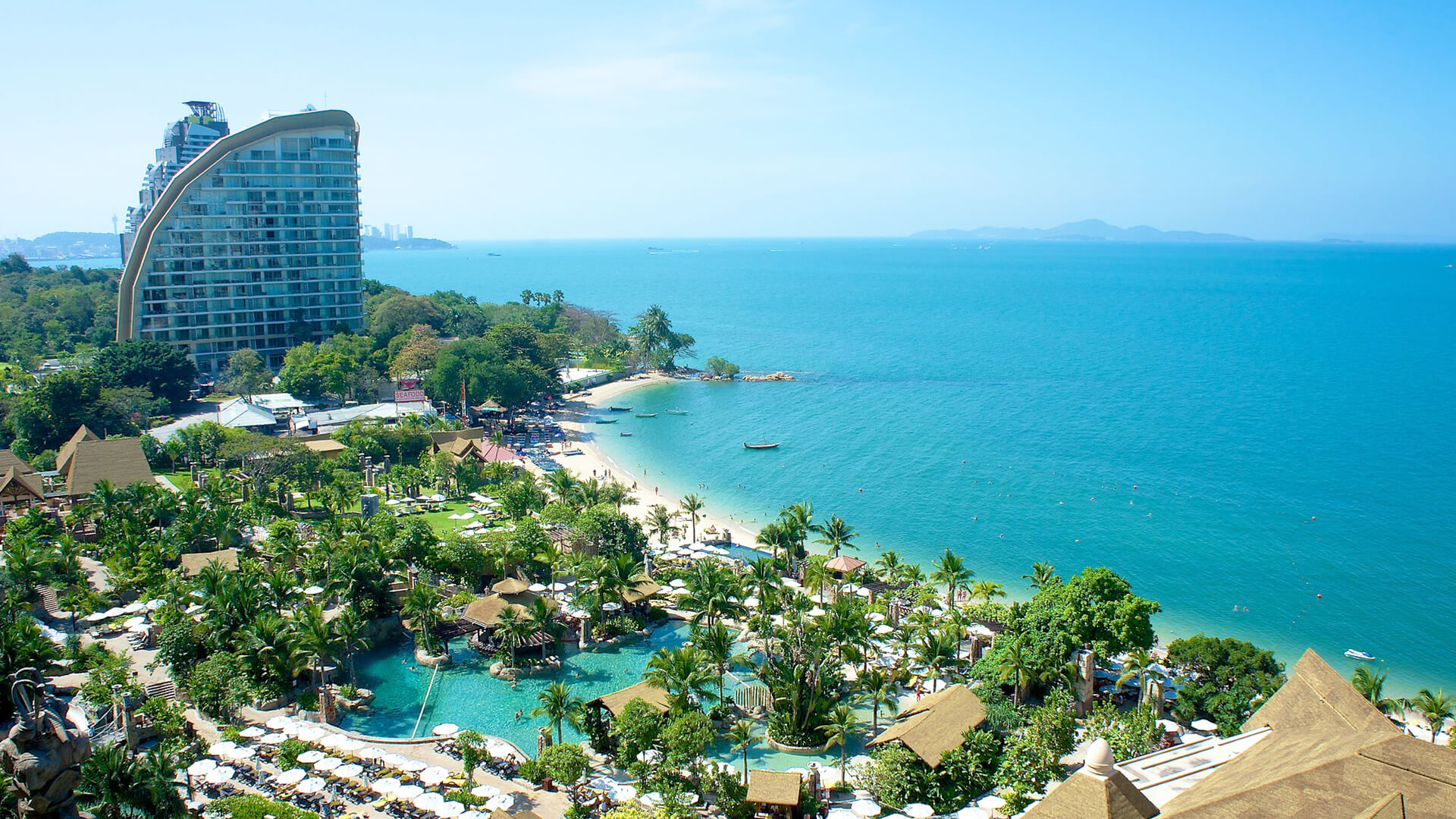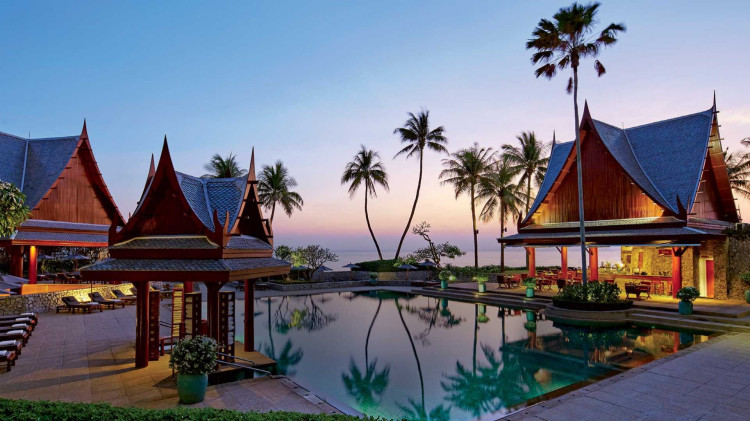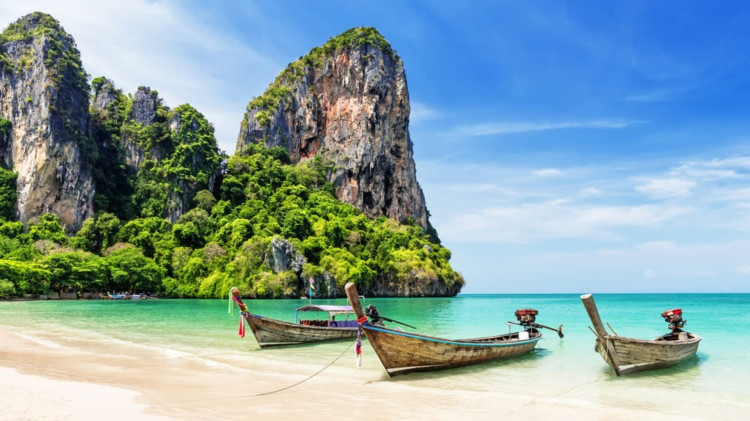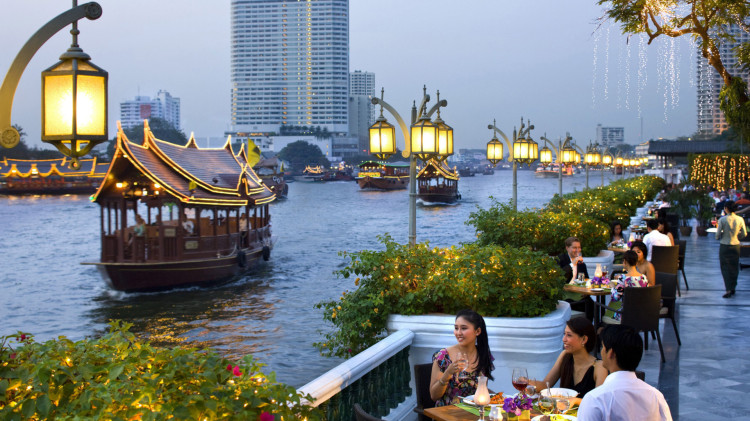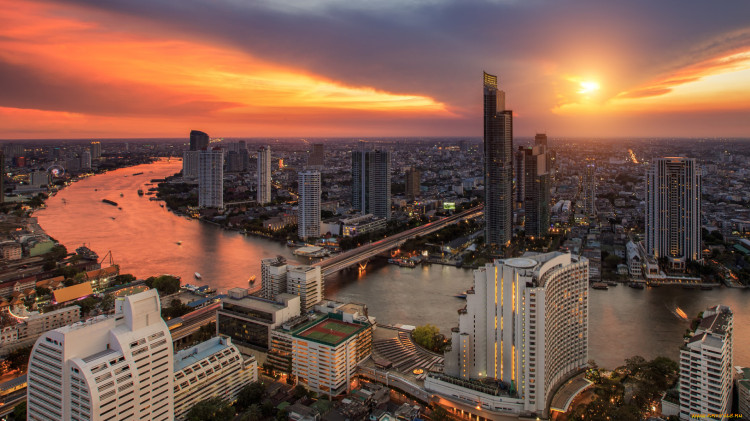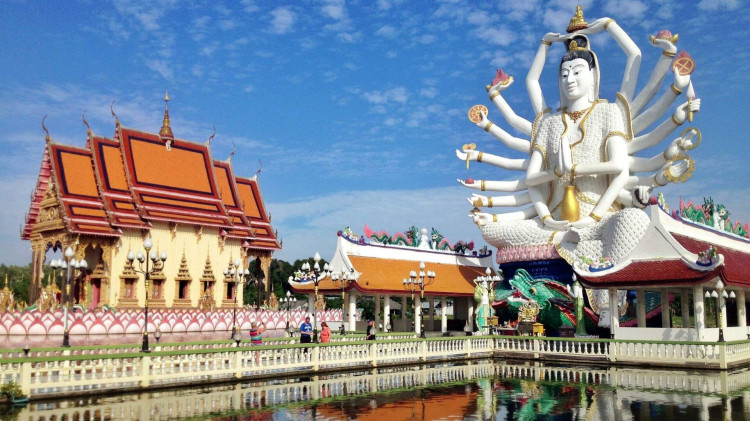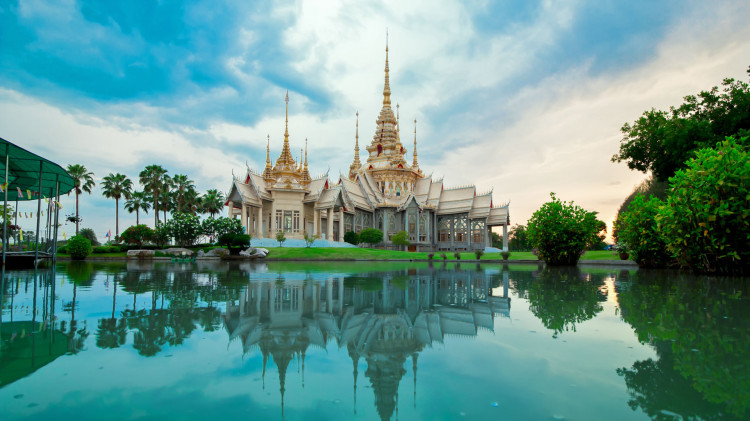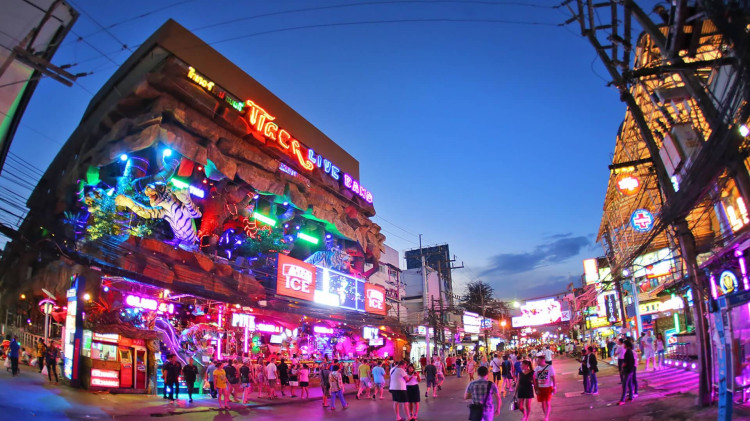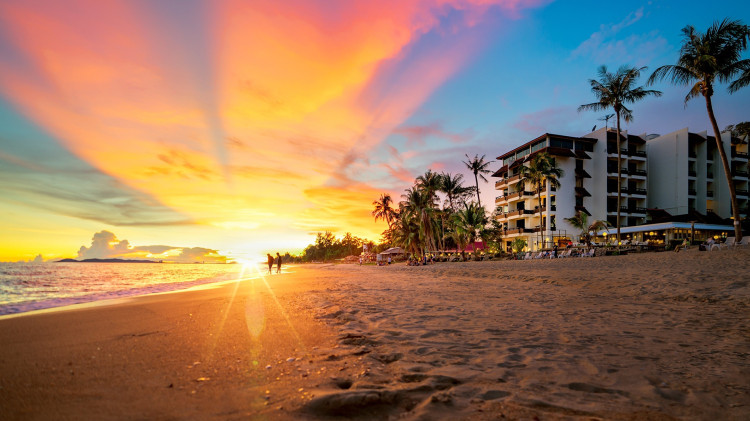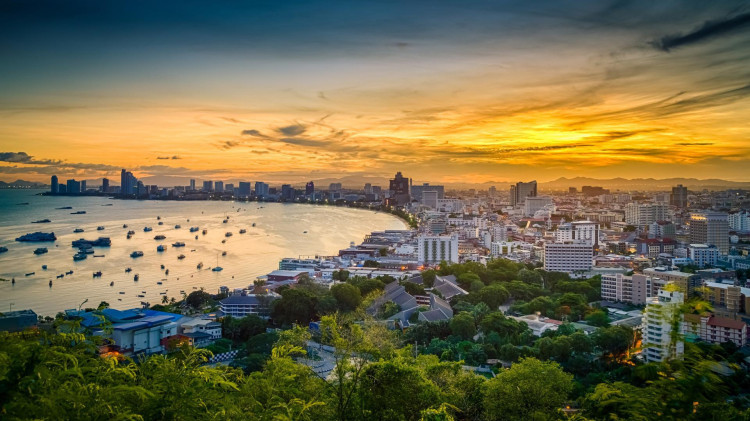Living in Thailand: A Traveler's Guide to Thailand
With its vibrant culture, stunning natural scenery and friendly people, Thailand is becoming an increasingly popular destination for those looking for a new life abroad. From thriving metropolises to tranquil islands, Thailand offers a diversity that attracts expats from all over the world. In this article, we take an in-depth look at all aspects of life in Thailand, from obtaining a visa to the ins and outs of everyday life.
1. Visa and immigration issues
Tourist visas
For short-term stays in Thailand, citizens of many countries do not require a visa for up to 30 days. However, for longer stays or relocation plans, a long-term visa is required.
Long-term visas
- Non-Immigrant O Visa: Suitable for retirees as well as those accompanying family members working in Thailand.
- Non-Immigrant B Visa: Required for those who plan to work in Thailand. The employer usually helps with the application process.
- ED Visa (Non-Immigrant ED Visa): For students enrolling in Thai educational institutions.
- Elite Visa: The Thailand Elite program offers various levels of membership with long-term visas for 5-20 years and other privileges.
2. Accommodation Search
Main regions for accommodation
- Bangkok: The capital and largest city in the country with developed infrastructure, high-rise buildings and active nightlife.
- Chiang Mai: Cultural center in the north of the country, known for its temples, mountains and a more relaxed pace of life.
- Pattaya: A popular coastal resort city known for its beaches and nightlife.
- Phuket and Samui: Islands that appeal to beach lovers and water sports enthusiasts.
Cost of accommodation
Rental prices in Thailand vary by region and property type. In Bangkok you can find studios from $300 per month, while in Chiang Mai or Pattaya rentals can be cheaper. In upscale neighborhoods and islands, prices can reach $1000 or more per month.
3. Cost of Living
Food and Nutrition
Thailand is famous for its affordable and delicious cuisine. Street food costs between $1 and $3 per dish. In supermarkets and markets, prices for basic food items are also quite low. Dinner at an average restaurant will cost $10-$20 per person.
Transportation
Public transportation: Bangkok has an excellent subway system (BTS and MRT), fares range from $0.5 to $1.5.
Cabs and Motorbike Taxis: Taxi fares start at $1 per boarding and $0.20 per kilometer.
Rent a car and motorcycle: Renting a motorcycle costs from $60 per month, renting a car from $300 per month.
4. Health care
Quality of medical services
Thailand offers high quality medical services, especially in private clinics and hospitals. Many expats choose to insure with international insurance companies that cover treatment at the best clinics.
Insurance
Health insurance is an important aspect of living in Thailand. The cost of an insurance policy depends on age, health and coverage, but averages $50-$150 per month.
5. Education
International Schools
Thailand has a number of international schools that offer British, American, French and other educational systems. Tuition ranges from $10,000 to $30,000 per year.
Higher education
Thailand also attracts students from all over the world with its universities that offer courses in English. The cost of higher education is relatively low compared to Western countries.
6. Culture and adaptation
Thai culture
Thai culture is rich in traditions that permeate daily life. Respect for elders, traditional holidays and religious customs play an important role. The “wai” greeting and respectful address are important elements of communication.
Language
Thai is the official language, but English is widely used in major cities and tourist areas. Knowing basic phrases in Thai can make adaptation much easier.
7. Features of everyday life
Climate
Thailand has a tropical climate with three main seasons: hot, rainy and cool. Temperatures rarely fall below 20°C and the average temperature ranges from 25°C to 35°C.
Entertainment and leisure activities
Thailand offers a wide range of activities, from beach vacations and water sports to hiking and visiting historical sites. Nightlife in the major cities is also varied and busy.
Safety concerns
Overall, Thailand is a safe country to live in, but as with anywhere else, basic safety precautions must be observed, especially in tourist areas and at night.
Living in Thailand offers a unique balance between high quality of life and relatively low cost. It is a country where everyone can find something for themselves, whether it is the dynamic urban rhythm of Bangkok, the tranquility of the northern regions or a beach vacation on the islands. Moving to Thailand requires some preparation and adaptation, but many expats from all over the world have already made the move and are enjoying all the benefits this amazing country has to offer.
 20
20
 338.77
338.77  5
5  4
4  {bathrooms}
{bathrooms}  7
7
 31.35
31.35  1
1  1
1  1
1  5
5  20
20
 30
30  1
1  1
1  1
1  4
4  20
20
 48.7
48.7  2
2  1
1  1
1  1
1  6
6
 35.74
35.74  1
1  1
1  1
1  3
3 

